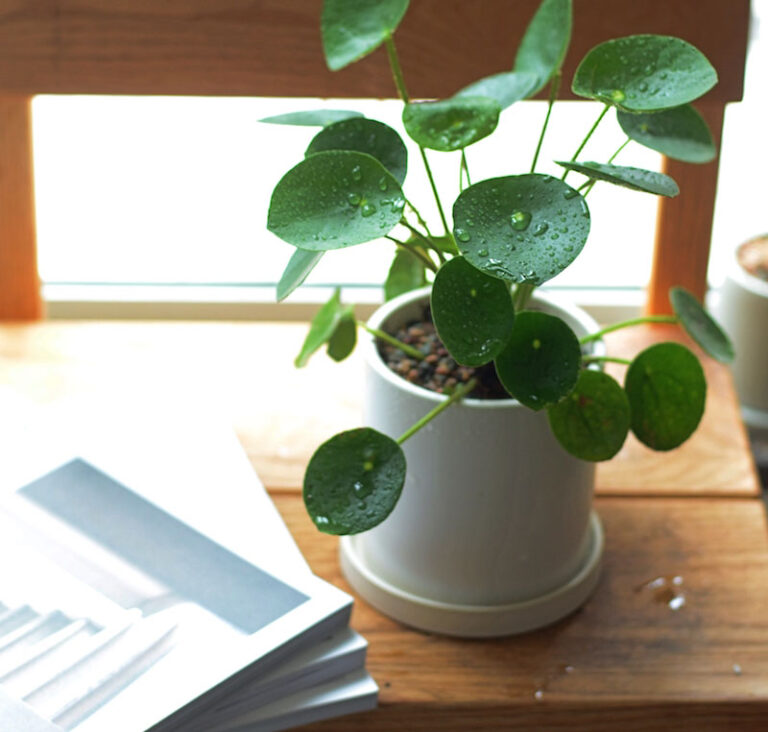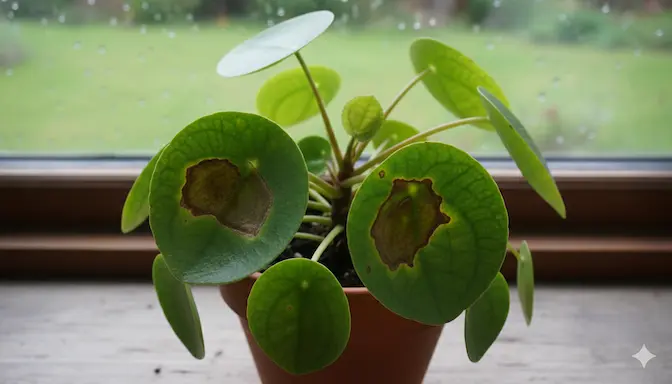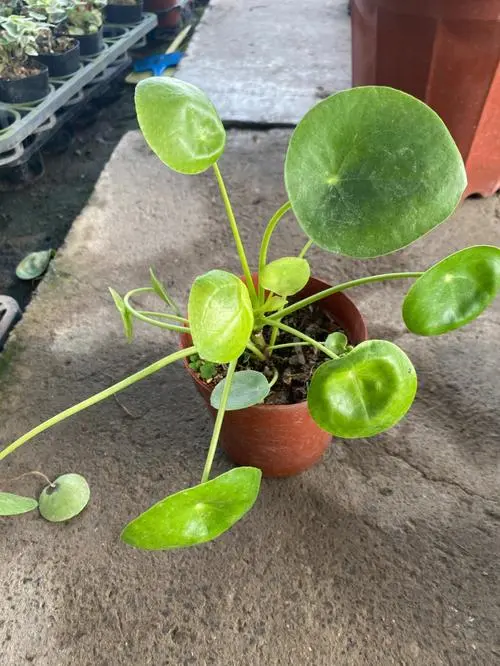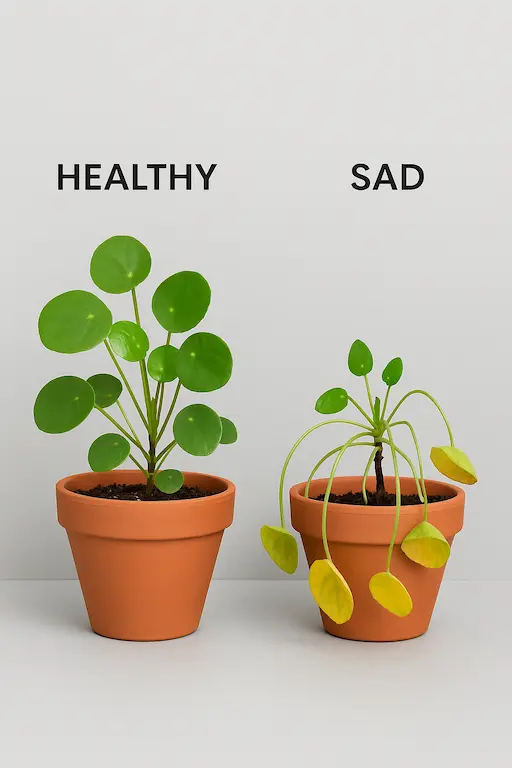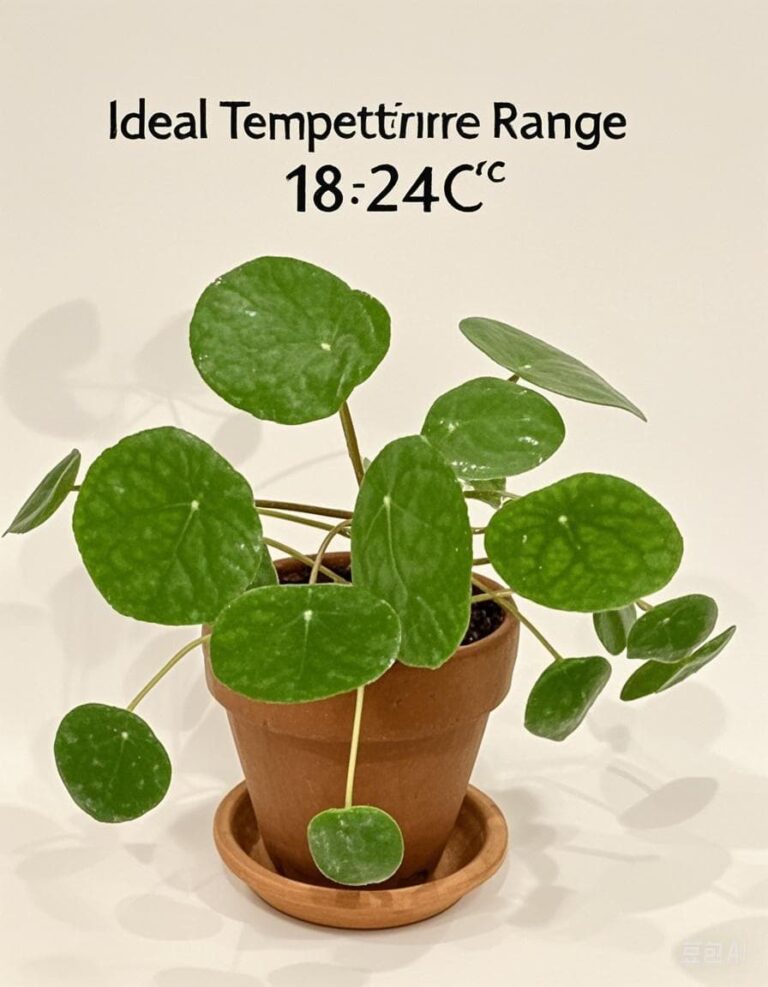Is Chinese Money Plant Toxic to Cats? A Worry-Free Guide for Pet Parents
The Chinese Money Plant (Pilea peperomioides) is a beloved houseplant with a charming reputation. Its unique pancake-shaped leaves are a delightful addition to any home. But for many pet parents, the first question that comes to mind is: Is this popular plant safe for my curious cat?
Is Chinese Money Plant Safe for Cats? The Ultimate Guide
We have good news for you! According to the ASPCA’s extensive toxic plant database, the Chinese Money Plant (Pilea peperomioides) is officially classified as non-toxic to cats, dogs, and horses. This means you can breathe a sigh of relief knowing it won’t cause serious harm to your furry friend.
Why is it considered a safe choice?
- No Known Toxins: The plant does not contain any toxic compounds that are harmful to pets.
- Common & Safe: It’s a popular and widely available houseplant that is considered safe for routine use around pets and humans.
- A Safer Alternative: Unlike many other common houseplants (like Lilies or Pothos), Pilea poses no risk of organ failure or severe irritation.
Potential Risks and What to Watch For
While the Chinese Money Plant is non-toxic, it’s not meant to be a snack. If a cat chews on a large amount of the plant, it may experience mild side effects, which are generally not life-threatening and resolve on their own.
- Mild Stomach Upset: Ingestion can lead to temporary discomfort.
- Occasional Vomiting: Your cat may vomit up the plant material.
- Temporary Diarrhea: This is a less common symptom, but can occur.
If these symptoms persist for more than 24 hours or are severe, it’s always best to contact your veterinarian.
Expert Tips: How to Protect Your Cat and Plant
Just because a plant is non-toxic doesn’t mean you should let your cat treat it as a toy. Here are the best ways to keep both your plant and your cat safe and happy:
Why Do Cats Chew on Plants?
- Curiosity: Cats are naturally curious and use their mouths to explore.
- Boredom: A bored cat may seek entertainment by playing with or chewing on plants.
- Digestive Aid: Some cats chew on plants to aid digestion or to induce vomiting to get rid of hairballs.
Effective Preventive Measures
- Place It Out of Reach: Use hanging planters, high shelves, or secure the plant in a room that your cat cannot access.
- Provide a Safe Alternative: Offer cat-specific plants like cat grass (wheatgrass or oat grass) to redirect their chewing behavior.
- Use Natural Deterrents: Cats dislike certain scents. Try placing citrus peels or applying a diluted vinegar spray around the plant’s pot.
- Engage and Enrich: A tired cat is a good cat! Play with your cat daily to reduce boredom and provide them with plenty of toys.
How to Identify Your “Money Plant” Correctly
The term “money plant” is a common nickname that can lead to confusion. Always verify a plant by its scientific name to ensure its safety profile. Here’s a quick reference:
| Plant Name | Scientific Name | Toxicity to Cats |
|---|---|---|
| Chinese Money Plant | Pilea peperomioides | Non-toxic |
| Jade Plant | Crassula ovata | Toxic |
| Money Tree | Pachira aquatica | Mildly toxic |
Looking for More Plant Care Tips?
Now that you know your Chinese Money Plant is cat-safe, you might be looking for more advice on how to keep it thriving. Here are some of our most popular guides:
- Why is my Chinese Money Plant losing leaves?
- The surprising benefits of owning a Chinese Money Plant
- Pancake Plant: A guide to its unique foliage
Final Verdict: Plant With Peace of Mind
The Chinese Money Plant (Pilea peperomioides) is a wonderful and pet-safe addition to your home. While it’s always wise to monitor your cat’s interaction with any houseplant, this species provides a beautiful and worry-free option for plant-loving cat owners.
P.S. If your cat does show any signs of distress or unusual behavior, contact your veterinarian immediately.

